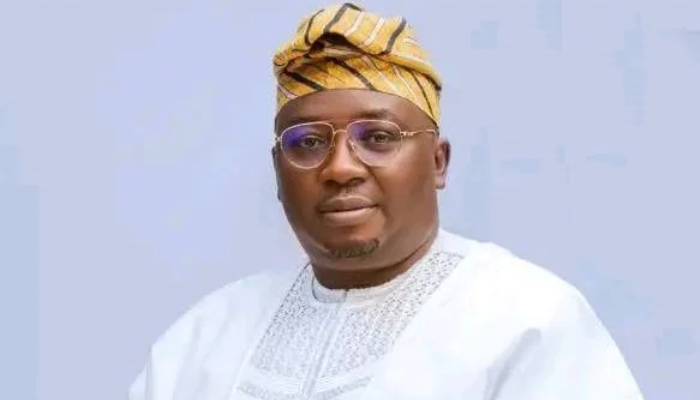
Adebayo Adelabu, Minister of Power, and partners at PwC Nigeria, have warned that Nigeria’s power sector reforms have entered a decisive stage, stressing that states must strengthen regulatory capacity, coordinate more with the Federal Government, and invest in infrastructure to avoid destabilising the electricity market.
They made this known on Thursday at PwC’s Annual Power and Utilities Roundtable 2025 in Lagos, where the minister delivered the keynote address themed “Nigeria’s Multi-Tier Electricity Market: Imperatives for Successful Evolution.”
Read also: We aim to bridge infrastructure gaps and power industrial growth for Nigeria and Africa Merwe
Adelabu said the shift to decentralised electricity markets brings both opportunities and risks that must be managed. He warned that poorly coordinated embedded generation and renewable energy integration could threaten grid stability if not properly supervised.
“We are now introducing renewable energy being fed onto the grid. It has to be technically managed… It must be properly coordinated,” he said .
The minister acknowledged growing regulatory overlaps between NERC and new state regulators, adding that he had already intervened to resolve disputes. “There will be controversies, there will be overlaps, but they must be managed,” he said.
He described Nigeria’s transmission and distribution infrastructure as “weak and ageing”, warning that significant reinvestment is required after decades of underfunding.
He added that many Distribution Companies had failed to invest in their networks since privatisation, leaving losses high and balance sheets weak.
Adelabu said Nigeria’s shift to multi-tier electricity markets is “not optional”, stressing that the country must confront inefficiencies and invest aggressively in infrastructure to build a reliable and competitive power sector.
Pedro Omontuemhen, Partner and Leader for Energy, Utilities and Resources at PwC Nigeria, said the Electricity Act 2023 has pushed the country into a new phase where the effectiveness of implementation, not policy design, will determine the success of Nigeria’s emerging multi-tier electricity market.
“With the ongoing implementation of the Electricity Act 2023 and recent policy developments, including states exercising their new powers, the sector has entered a phase where the success of the multi-tier market will be determined by how effectively reforms are applied in practice,” he said.
Omontuemhen said decentralisation is essential for achieving national electrification and sustainability targets, but warned that early challenges will require clarity of roles, collaboration among stakeholders and regional coordination.
He noted that operators must also reinvent their business models to align with global trends shaped by climate change, artificial intelligence and shifting geopolitics.
Read also: FG secures over $2bn fresh investments on power reforms — Adelabu
Another Partner at PwC, Bimbola Banjo, said competition in the Nigerian Electricity Supply Industry (NESI) is being fundamentally reshaped as states take on licensing and regulatory powers.
He noted that state-level licensing, sub-franchise structures and the separation of distribution and supply were redefining market dynamics and ending the era of protected territories.
“Approaches that work in a centrally regulated system will not deliver results in a market where customers have alternatives and regulators operate closer to local realities,” he said.





